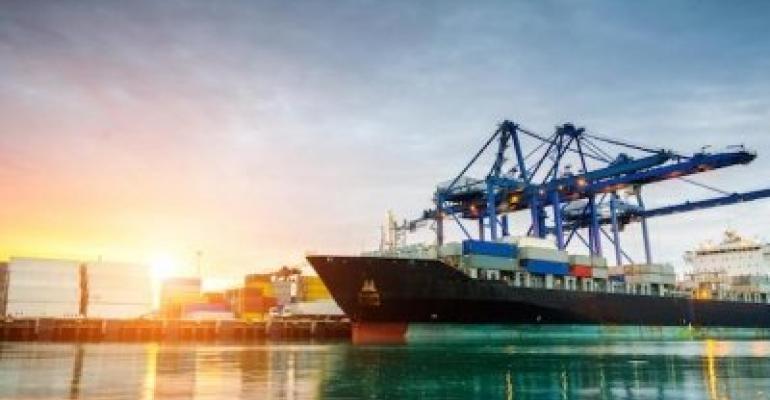Eleven major shipping banks representing a bank loan portfolio to global shipping of around $100bn have launched a new global framework to incentivise shipping’s move toward decarbonisation.
Named the Poseidon Principles, the framework will assess and disclose the climate alignment of financial institutions’ shipping portfolios, integrating climate considerations into lending decisions.
The founding 11 banks are Citi, Societe Generale, DNB, ABN AMRO, Amsterdam Trade Bank (ATB), Credit Agricole CIB, Danish Ship Finance, Danske Bank, DVB, ING, and Nordea, and they represent around 20% of the global ship finance portfolio. Additional banks are expected to join in the near future, including Asian banks.
“As banks, we recognise that our role in the shipping industry enables us to promote responsible environmental stewardship throughout the global maritime value chain. The Poseidon Principles will not only serve our institutions to improve decision making at a strategic level but will also shape a better future for the shipping industry and our society,” said Michael Parker, global industry head of shipping & logistics at Citi and chair of the Poseidon Principles drafting committee.
The Poseidon Principles are to be consistent with the policies and ambitions of the Initial GHG Strategy adopted in April 2018 by member states of the IMO. The strategy prescribes that GHG emissions from international shipping must peak as soon as possible and that the industry must reduce the total annual GHG emissions by at least 50% of 2008 levels by 2050, with a strong emphasis on zero emissions.
The principles are intended to evolve over time as the IMO adjusts its policies and regulations and when further adverse environmental and social impacts are identified for inclusion. They also aim to support other initiatives developed to address climate, environment, and social risks, such as the Principles for Responsible Banking, Energy Transitions Commission, and the Task Force of Climate-Related Financial Disclosures.
The Poseidon Principles are applicable to lenders, relevant lessors, and financial guarantors including export credit agencies. They are implemented in internal policies, procedures and standards and applied in all credit products secured by vessels that fall under the purview of the IMO.
Spearheaded by the global shipping banks, the principles were developed with help from leading industry players including AP Moller Maersk, Cargill, Euronav, Lloyd’s Register, and Watson Farley & Williams. There is also expert support provided by the Global Maritime Forum, University College London Energy Institute and Rocky Mountain Institute.
Soren Toft, coo and executive vice president of AP Moller-Maersk, commented: “Shipping’s decarbonisation will require unparalleled innovation. A modern ship is a highly capital-intensive asset with a typical life span of 25-30 years. To deliver on ambitious climate targets, zero-emission vessels will need to enter the fleet by 2030. This leaves us only 10 years to develop the new marine fuels, propulsion technologies and infrastructures that will be required. The Poseidon Principles will help us catalyse this transition.”
Alastair Marsh also observed that zero-emission vessels must enter the fleet by 2030 at the latest if the maritime industry is to successfully meet the IMO rules of at least 50% reduction in GHG by 2050.
“The 2020s will be a critical decade for not only piloting and prototyping new fuel types and energy sources but also building future fuel supply chains. The introduction of the Poseidon Principles demonstrates that ship finance is determined to support shipping’s decarbonisation challenge across the maritime value chain and also support other factors such as the energy transition,” Marsh said.
Read more: Slow progress on cutting GHG emissions at IMO, speed limits unpopular with many countries
Copyright © 2024. All rights reserved. Seatrade, a trading name of Informa Markets (UK) Limited. Add Seatrade Maritime News to your Google News feed.


